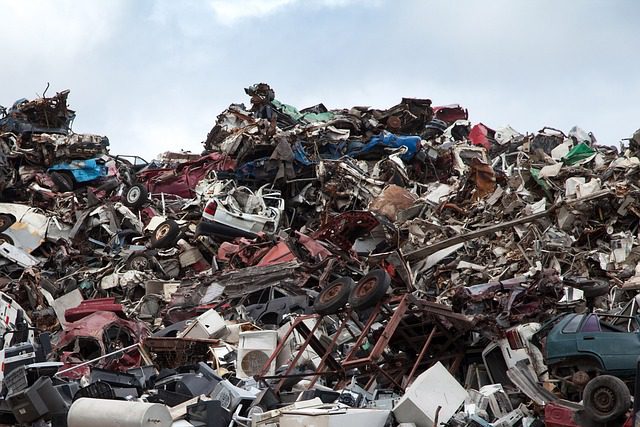Scrap yards are facilities where scrap metal and other materials are collected and processed for recycling. Recycling scrap metal has a positive impact on the environment, reduces waste, conserves natural resources, and provides economic benefits. Scrap yards accept a wide range of materials, and it is essential to know what items can be brought to these facilities.


The most common items that can be brought to scrap yards are scrap metals such as steel, aluminum, brass, copper, and iron. These metals are often found in old appliances, automobiles, machinery, and construction materials. Before bringing these items to a scrap yard, it is essential to separate the different types of metals and prepare them properly, which will ensure a better price.
Other materials that can be brought to scrap yards include old batteries, which are often made of lead and can be recycled to create new batteries. Similarly, electronic waste such as computers, TVs, and cell phones contain valuable metals and can be recycled at scrap yards.
Scrap yards also accept other materials such as paper, cardboard, plastics, and textiles, which can be recycled or repurposed. These materials can be collected separately or mixed together and are usually purchased by recycling companies for further processing.
Finally, scrap yards may also accept certain types of hazardous waste, such as old paint, solvents, and other chemicals. These materials require special handling and disposal procedures, and it is essential to check with the scrap yard about their policies before bringing them in.
In conclusion, scrap yards are essential facilities for recycling and repurposing materials that would otherwise end up in landfills. These facilities accept a wide range of materials, including scrap metals, electronics, batteries, paper, plastics, textiles, and certain types of hazardous waste. By bringing these items to scrap yards, we can help to reduce waste, conserve natural resources, and promote a more sustainable future.
